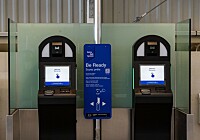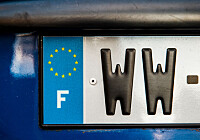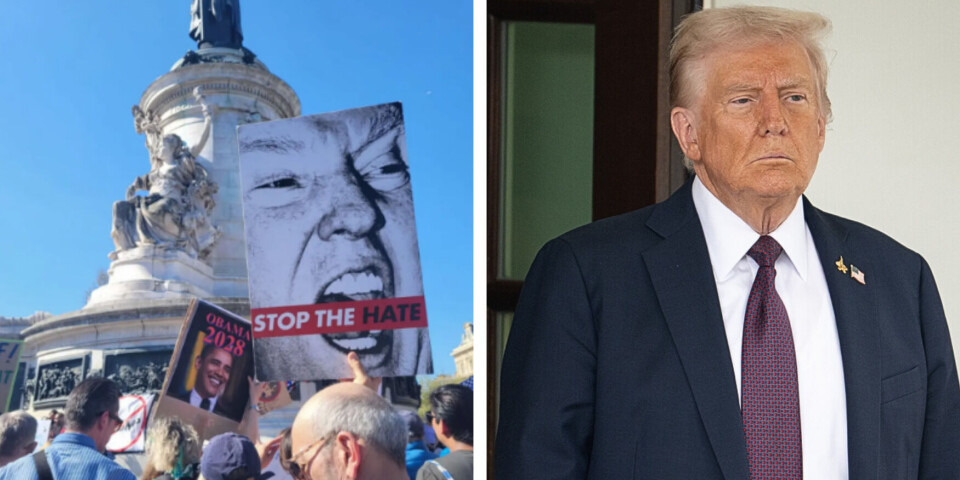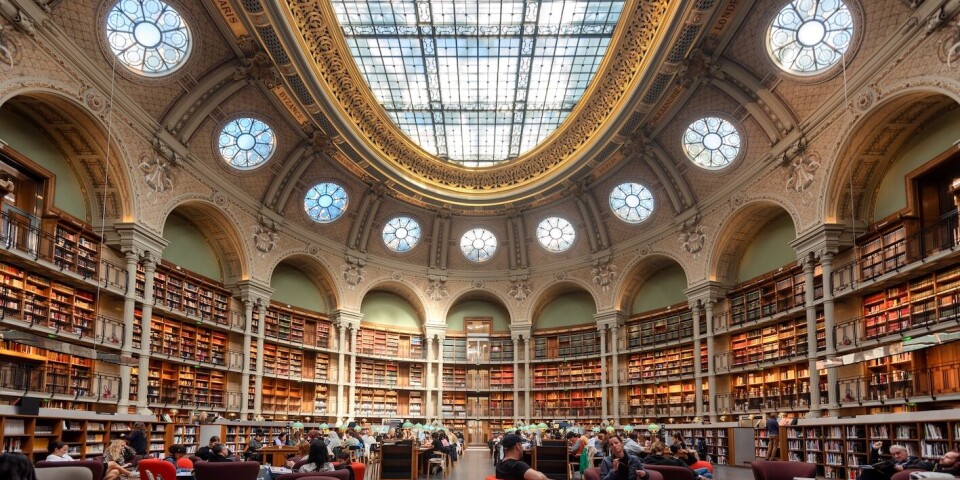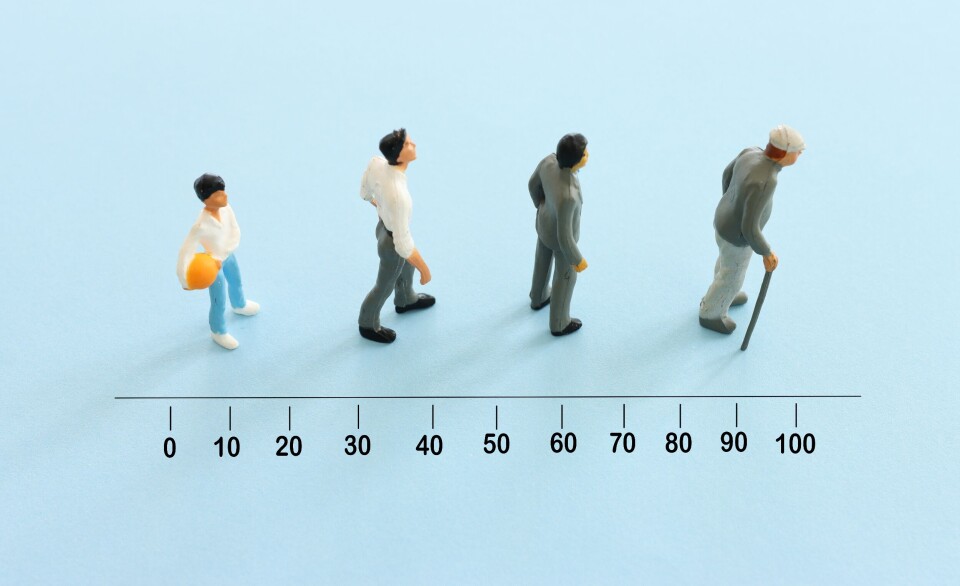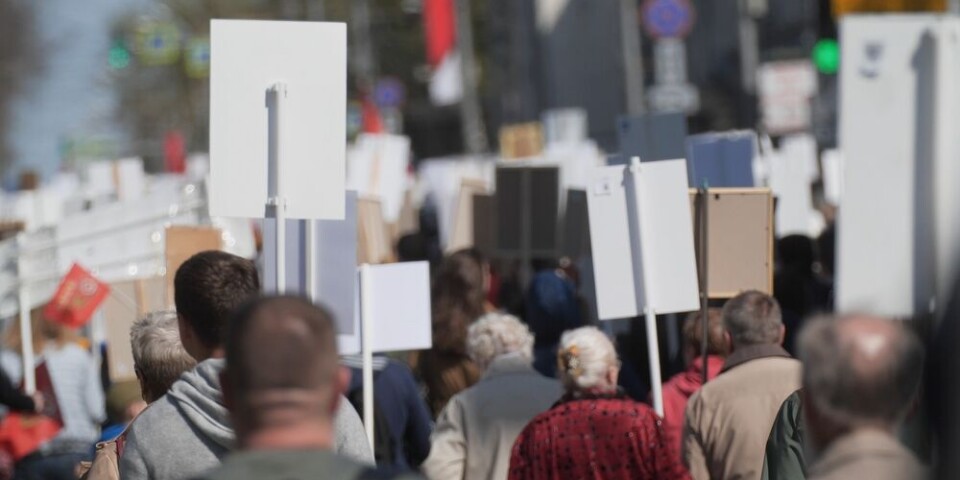Does France’s electoral silence rule also apply to social media?
The law prevents political campaigning from Friday at midnight to ensure there is no ‘undue pressure’ on voters
French law forces media to pause their coverage of the election at midnight on Friday July 5 - or face potentially massive fines
Copyright (c) 2024 OKcamera/Shutterstock. No use without permission.
France has a law that prevents political campaigning in the run-up to an election and enforces media silence. Its purpose is to ensure that there is no “undue pressure” on voters - but does this rule also apply to social media?
Starting on Friday (July 5) at midnight until the end of voting in the country’s second round parliamentary election on Sunday (July 7), there will be no political campaigning in France, as the law on electoral silence comes into effect.
The law that prevents electoral campaigning on the day before the vote dates from 1977. It also prevents electoral polls.
The rule is strictly enforced and taken very seriously in France, not least because it is backed by a fine starting at €3,750.
In the most extreme cases, breaking the media blackout could be considered electoral interference and lead to France’s highest court, the Conseil constitutionnel annulling the election.
Ban on big and small alike
The 1977 law was conceived in a world without social media, but has been regularly updated since, with the last update coming in 2020.
The modern version of the law imposes an outright ban from midnight on the day before the vote. It applies to:
Distributing political flyers and other documents
Broadcasting political messages and propaganda electronically
Using telephone messages
Holding electoral meetings
Read more: 30,000 French police deployed Sunday amid fears of election result riots
“The rule applies to everyone,” Professor of French electoral law Jean-Pierre Camby told 20 Minutes. “It applies to all types of media, including social media.
“Any type of message inciting people to vote in one way or another - or even not to vote at all - could be flagged by the Conseil constitutionnel.”
“The Conseil constitutionnel examines the audience and the impact the message had on voters,” said Professor Camby.
“The impact is judged differently according to whether you are a politician, their representative, a journalist or an ordinary citizen, and on how it could have influenced voters.”
The rule of electoral silence remains in effect until the end of voting at 20:00 on Sunday, July 7, when there will be a storm of political articles, polls and interviews, tweets and Facebook posts.


